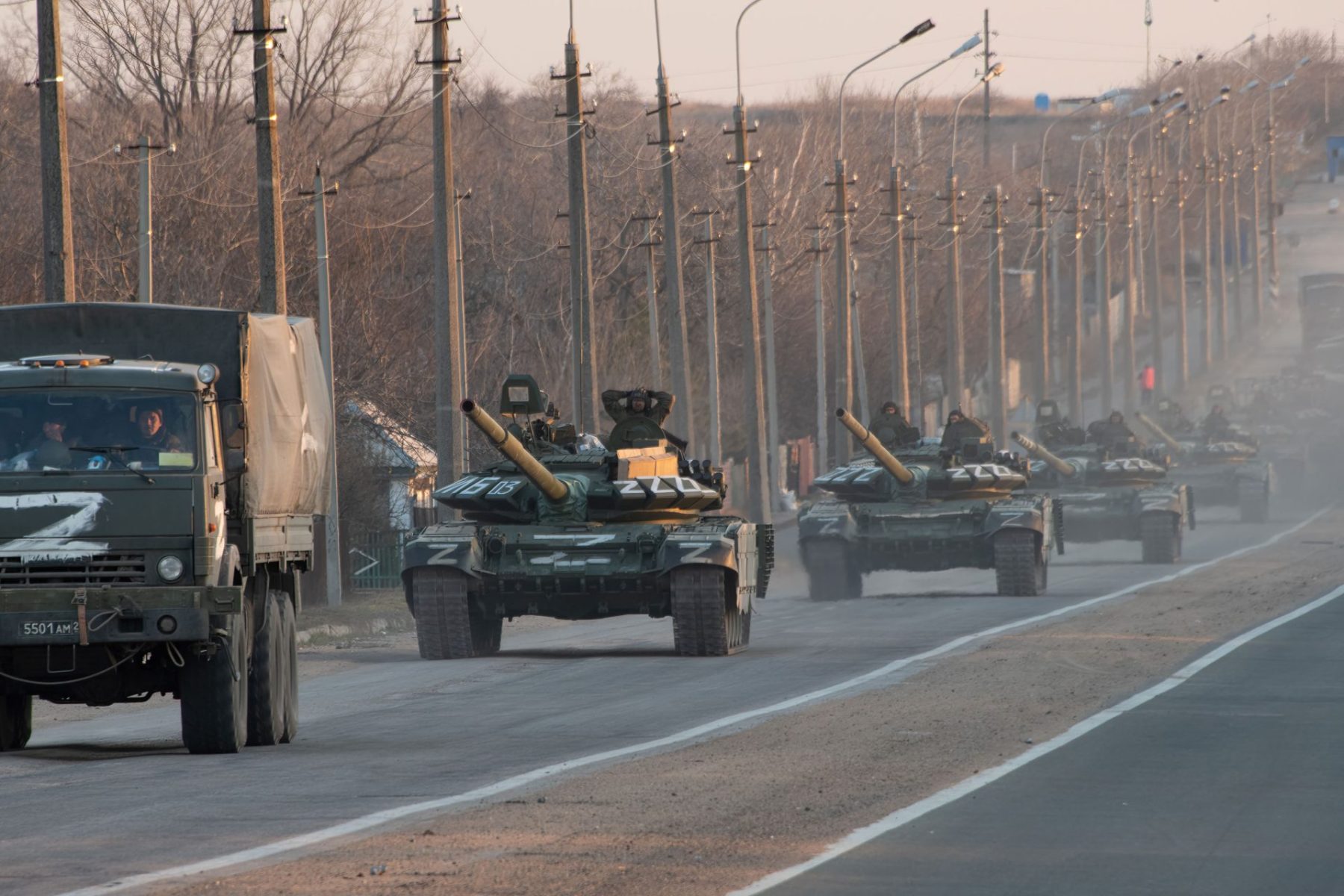China's recent military display, highlighted by Senior Colonel Zhu Qichao of the PLA National University of Defense Technology, underscores a strategic pivot towards a defensive posture in the face of perceived external threats. During an interview at the 12th Beijing Xiangshan Forum, Zhu articulated that this approach is not merely a show of force but a foundational step towards fostering global peace. The emphasis on defense reflects a broader narrative within Chinese military policy, suggesting that the nation is responding to potential aggression rather than seeking to instigate conflict. This perspective is crucial for understanding the dynamics of regional security and the implications for international relations, particularly as tensions rise in various geopolitical arenas.
The key takeaway from Zhu's insights is the assertion that China's military strategy is fundamentally reactive, aimed at safeguarding national interests against external pressures. This defensive stance may reshape how global powers interact with China, potentially leading to a recalibration of alliances and military strategies. As nations assess their own security frameworks in light of China's posture, the implications could extend beyond military engagement to economic and diplomatic relations. Understanding this defensive strategy is essential for professionals navigating the complexities of international security and defense policy, as it highlights the delicate balance between deterrence and diplomacy in a rapidly evolving geopolitical landscape.








